Atlassian Design System
Use Atlassian’s end-to-end design language to create simple, intuitive and beautiful experiences.
Visit Website Design Source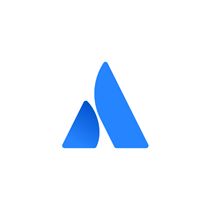
Use Atlassian’s end-to-end design language to create simple, intuitive and beautiful experiences.
Visit Website Design SourceThe Atlassian Design System is a comprehensive set of design principles, components, and resources that help create a consistent and intuitive user experience across Atlassian products. It provides a shared language and toolset that helps teams create better products faster.
The system is organized around four core principles: Clarity, Consistency, Efficiency, and Delight. Clarity emphasizes good design that is easy to understand and use. Consistency ensures users can move between products with minimal effort and have a similar experience. Efficiency helps make sure that users can get where they need to go quickly and easily. Delight encourages product teams to think beyond simple usability to create an enjoyable and memorable experience.
The Design System provides a variety of resources to help teams build better products. It includes guidelines for creating user interfaces, components for prototyping, and helpful tips for creating a cohesive product. It also provides a library of assets such as icons, logos, and illustrations to help teams create a consistent look and feel across products.
The Design System is constantly evolving to keep up with the latest trends and best practices in design. It’s an ongoing effort to ensure users have the best possible experience when using Atlassian products.
The Atlassian Design System is a comprehensive set of design principles, components, and resources that help create a consistent and intuitive user experience across Atlassian products. It provides a shared language and toolset that helps teams create better products faster.
The Atlassian Design System is organized around four core principles: Clarity, Consistency, Efficiency, and Delight. These principles help ensure that Atlassian products are easy to use, efficient, and enjoyable for users.
The Atlassian Design System provides a variety of resources to help teams build better products. It includes guidelines for creating user interfaces, components for prototyping, and a library of assets such as icons, logos, and illustrations to help teams create a consistent look and feel across products.
The Atlassian Design System is constantly evolving to keep up with the latest trends and best practices in design. Atlassian actively solicits feedback from users and product teams, and updates the Design System accordingly.
The Atlassian Design System is available to anyone who wants to create better products, whether they are an Atlassian customer or not. The resources provided by the Design System are designed to be useful for teams of all sizes and levels of experience.
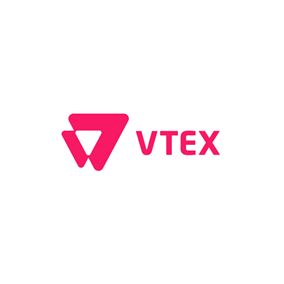
VTEX Styleguide is the design system for VTEX, serving as the home for all reusable patterns, components, and assets related to product design.
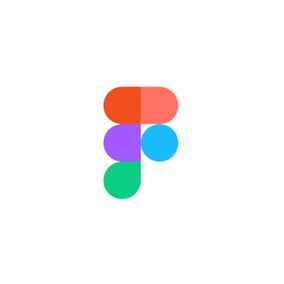
Figma's UI2 Design System is a comprehensive set of design guidelines and resources that help teams create consistent, high-quality user interfaces (UIs) across web, mobile, and other digital platforms.

You may speed up your design system by using the opinionated collection of open-source tools and frameworks known as The Radius.
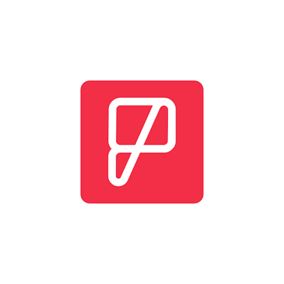
At Twilio, the Paste design system is employed to create user interfaces that are intuitive, unified, and of the highest caliber. With tools and resources, Paste assists Product Designers and Engineers in creating consumer UIs in Figma and React.
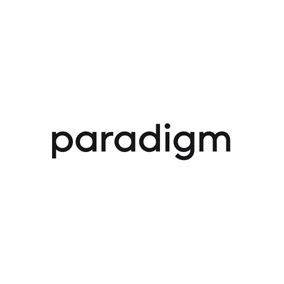
For Mail.ru products, Paradigm is a design system that enables us to preserve the integrity of the user experience while streamlining design and development resources.
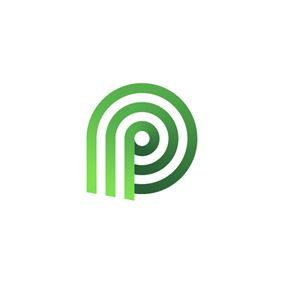
The goal of the Palmetto Design System is to make it easier and faster for us to produce applications with the Palmetto brand.

These rules establish the requirements for maintaining a consistent brand image. The GitLab brand has developed into what it is today because to the cooperation of many contributors and iterative procedures, just like their product and business. It serves as a creative outlet for Gitlab's mission, vision, and core principles.